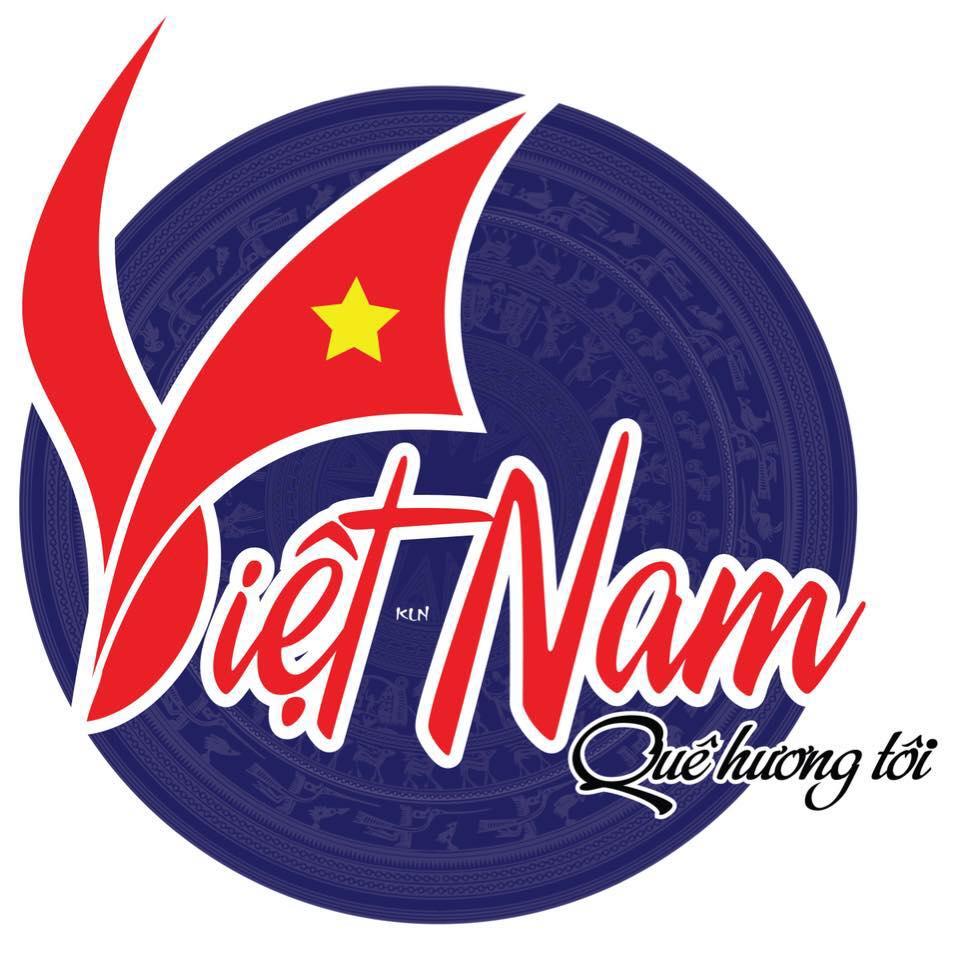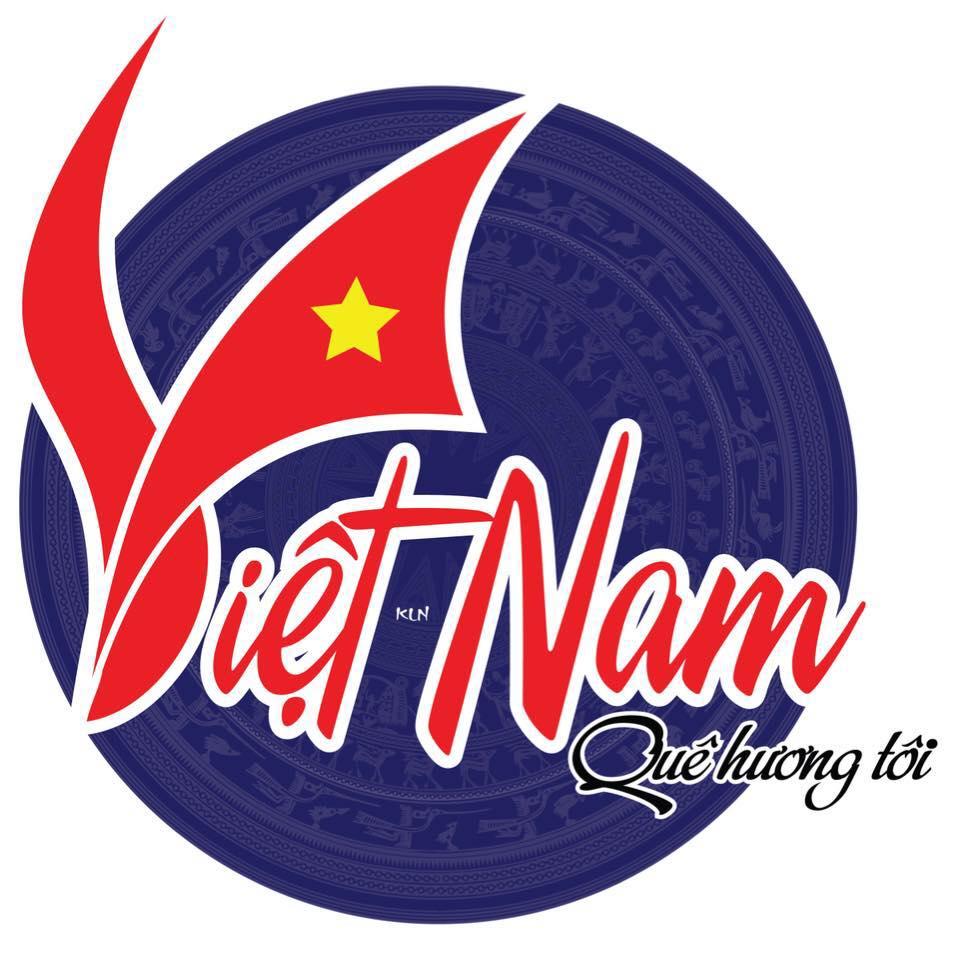A comprehensive Germany Water-Wastewater Treatment Equipment Market Analysis highlights key trends, challenges, and opportunities within the industry. The analysis emphasizes the importance of German water filtration systems and industrial water solutions in achieving high-quality water treatment. Key challenges include the need for continuous innovation and competition from alternative treatment methods. However, opportunities for growth in sewage treatment plants and drinking and industrial water technology present significant potential for market players.
Germany, known for its advanced engineering and environmental consciousness, has established a strong foothold in the water and wastewater treatment equipment sector. The country’s stringent environmental regulations, coupled with the increasing demand for clean water, have propelled the growth of this market. Water scarcity, industrial expansion, and urbanization have created a pressing need for efficient water treatment solutions. As a result, German manufacturers have focused on delivering state-of-the-art equipment that ensures water safety, energy efficiency, and sustainability.
The market encompasses a wide range of equipment including filtration units, sedimentation systems, membrane technologies, chemical dosing systems, and sludge management solutions. These technologies are critical not only for municipal wastewater treatment plants but also for industrial applications in sectors such as chemicals, pharmaceuticals, food and beverages, and power generation. The growing emphasis on circular economy practices and water reuse strategies further drives the adoption of sophisticated treatment equipment.
Key Market Drivers
Several factors are fueling the growth of the water and wastewater treatment equipment market in Germany. Firstly, stringent environmental regulations mandated by the European Union and local authorities compel industries and municipalities to adhere to high water quality standards. This creates consistent demand for advanced treatment technologies. Secondly, the industrial sector’s expansion, particularly in chemicals and manufacturing, generates significant volumes of wastewater requiring specialized treatment solutions.
Thirdly, the increasing awareness among consumers and businesses about water conservation and environmental sustainability promotes investment in efficient treatment systems. Additionally, Germany’s commitment to renewable energy and reduced carbon emissions aligns with the development of energy-efficient treatment equipment. Technologies such as membrane bioreactors, ultraviolet (UV) disinfection systems, and automated chemical dosing units offer enhanced performance while minimizing energy consumption.
Technological Advancements
Germany has been a pioneer in integrating advanced technologies in water treatment equipment. Membrane-based filtration systems, including reverse osmosis and ultrafiltration, have revolutionized the treatment of industrial and municipal wastewater. These systems ensure high removal efficiency for contaminants, including heavy metals, pathogens, and organic compounds.
Automation and digitalization also play a crucial role in modern water treatment systems. Sensors, real-time monitoring, and artificial intelligence-driven process optimization allow operators to manage water quality effectively while reducing operational costs. For instance, predictive maintenance and automated chemical dosing systems minimize downtime and enhance efficiency. Additionally, energy recovery solutions, such as biogas production from sludge, contribute to sustainability while lowering operational expenses.
Market Segmentation
The German water and wastewater treatment equipment market can be segmented based on application, end-user, and technology.
-
Application: Municipal wastewater treatment, industrial wastewater treatment, and water purification for potable use. Municipal wastewater treatment dominates the market due to growing urban populations and strict regulatory standards.
-
End-User: Industries, municipalities, and commercial establishments. Industrial applications are witnessing high growth, especially in the chemical, pharmaceutical, and food & beverage sectors.
-
Technology: Filtration, sedimentation, chemical treatment, membrane technology, UV and ozone-based disinfection, and sludge management. Membrane and automation-based solutions are expected to witness robust growth due to their efficiency and adaptability.
Challenges and Opportunities
Despite the positive growth trajectory, the market faces certain challenges. High initial investment costs for advanced equipment, operational complexity, and the need for skilled personnel can restrict adoption among smaller municipalities and industrial players. Moreover, fluctuating regulations and technological advancements require continuous innovation and adaptation.
On the opportunity side, Germany’s focus on sustainable water management and smart city initiatives creates potential for innovative solutions. Equipment that reduces water consumption, enhances recycling, or lowers energy use is highly sought after. Collaborative projects between equipment manufacturers, technology providers, and research institutions are also fostering market expansion, ensuring that Germany remains at the forefront of water and wastewater treatment technology.
Future Outlook
The future of Germany’s water and wastewater treatment equipment market looks promising. Increasing investments in infrastructure, rising industrial wastewater generation, and the growing emphasis on sustainable and energy-efficient technologies are expected to drive market growth over the next decade. Companies that focus on innovation, digital integration, and eco-friendly solutions are likely to gain a competitive advantage.
As urbanization continues and environmental awareness strengthens, demand for sophisticated, efficient, and reliable water treatment solutions will rise. Germany is poised to maintain its leadership in this sector, leveraging its engineering expertise and commitment to sustainability to meet both domestic and international water treatment needs.
FAQs
Q1: What are the main drivers of the Germany water and wastewater treatment equipment market?
A1: Key drivers include stringent environmental regulations, industrial wastewater generation, urbanization, water conservation awareness, and the adoption of energy-efficient technologies.
Q2: Which technologies dominate the German water treatment equipment market?
A2: Membrane filtration systems, automated chemical dosing, UV and ozone-based disinfection, sedimentation systems, and sludge management solutions are the leading technologies.
Q3: What are the key challenges in this market?
A3: High initial investment costs, operational complexity, skilled labor requirements, and the need to continuously adapt to regulatory and technological changes are the primary challenges.
High Pressure Pumps Market Size


